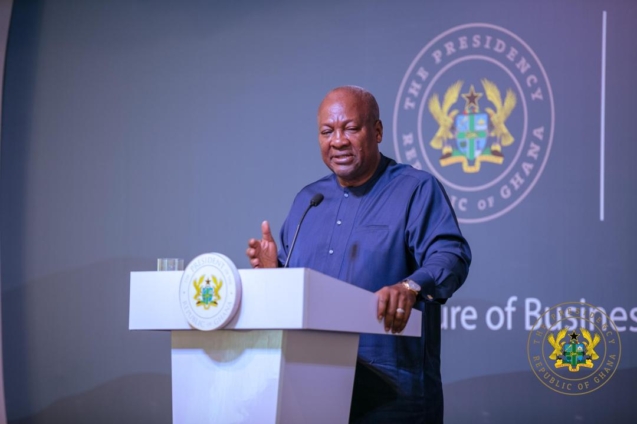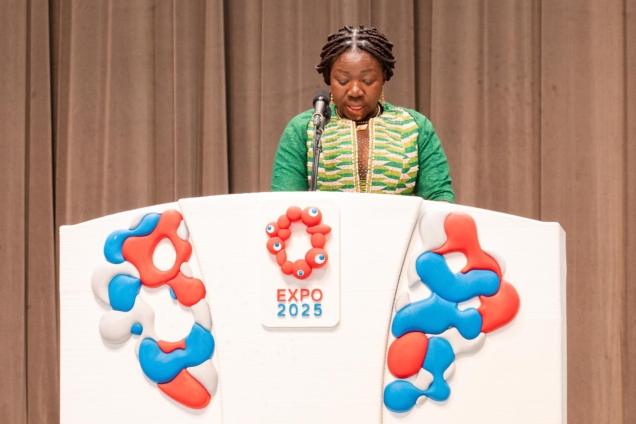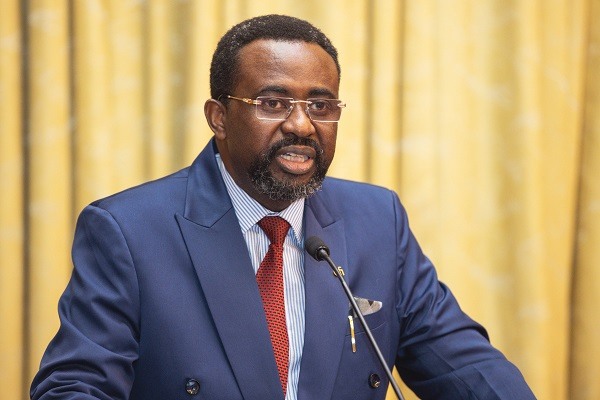President John Mahama said the African Growth and Opportunity Act (AGOA) is “technically dead” following the United States’ decision to impose a 15% tariff on Ghanaian exports, signaling a major blow to one of Africa’s most important trade frameworks.
Speaking at his first presidential press conference since the start of his second term, Mahama attributed the move to a broader shift in U.S. trade policy that began under former President Donald Trump, describing the new tariffs as a stark reversal of longstanding trade preferences.
“Countries like ours enjoyed zero tariffs in the U.S. because we were in the developing world. It was a concession the U.S. gave,” Mahama said. “Then came President Trump with a more transactional mindset. He says the U.S. has been taken for granted. So even countries like Ghana, he slapped a 15% tariff on us from a zero tariff. AGOA is technically dead.”
AGOA, enacted in 2000, has provided duty-free access to the U.S. market for more than 1,800 products from sub-Saharan Africa, with additional benefits under the Generalized System of Preferences. It was renewed in 2015 and set to expire in 2025, but Mahama now sees little chance of it being renegotiated.
“The agreement was due for renewal this September, but there is no way, with this 15% tariff, that AGOA will be renewed,” he said. “We are just watching carefully.”
While the authority to impose tariffs lies with the U.S. Congress, Mahama noted that Trump “always pushed the limit,” raising concerns about executive overreach and the unpredictability of future U.S. trade decisions.
The imposition of tariffs comes as a setback for Ghana, which has built key export sectors—such as textiles, cocoa processing, and fruits—around duty-free access to the U.S. market. Analysts warn the policy shift could undermine export competitiveness and stall growth in value-added industries across the region.
AGOA has long been considered a cornerstone of U.S.-Africa economic relations. The recent developments, however, suggest a cooling of that relationship and highlight growing uncertainty surrounding Washington’s trade posture toward the Global South.














